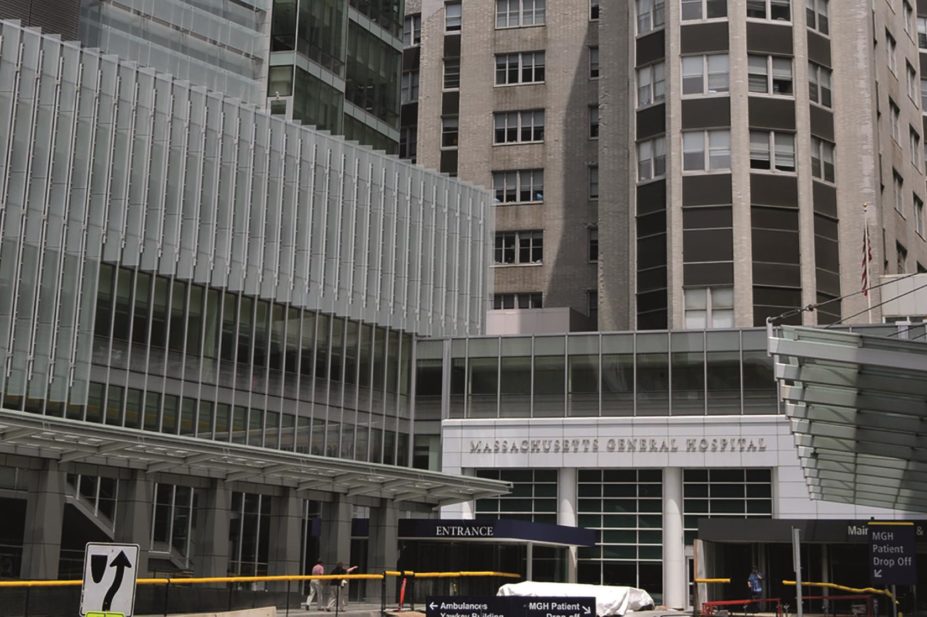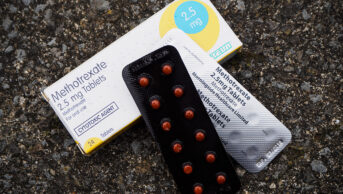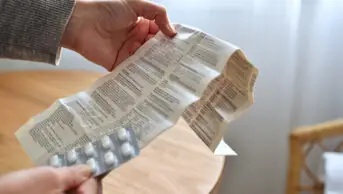
William L. Herbert / Wikimedia Commons
Medicines that are given to patients during surgery may not be subject to the same checks as medicines used in other settings and the stressful environment means errors may be more likely. However, data on perioperative medication errors are sparse and largely self-reported.
A team from Massachusetts General Hospital in Boston observed medication errors and adverse drug events during 277 randomly selected operations over an eight-month period[1]
. Overall, 124 (44.8%) operations involved a medication error or adverse drug event. And, among 3,671 medication administrations, 193 (5.3%) were affected by at least one of these outcomes.
These rates are markedly higher than those reported in retrospective surveys. But the researchers note that, as their hospital has already implemented measures to reduce medication errors, it is likely that the observed rates are comparable to — or even lower than — those at other institutions.
References
[1] Nanji KC, Patel A, Shaikh S et al. Evaluation of perioperative medication errors and adverse drug events. Anesthesiology 2015. doi:10.1097/ALN.0000000000000904.
You may also be interested in

GPhC writes to pharmacy teams after methotrexate dispensed with instruction to take once daily

Medicines commission calls for greater clarity on risk of suicidal behaviour from antidepressants
